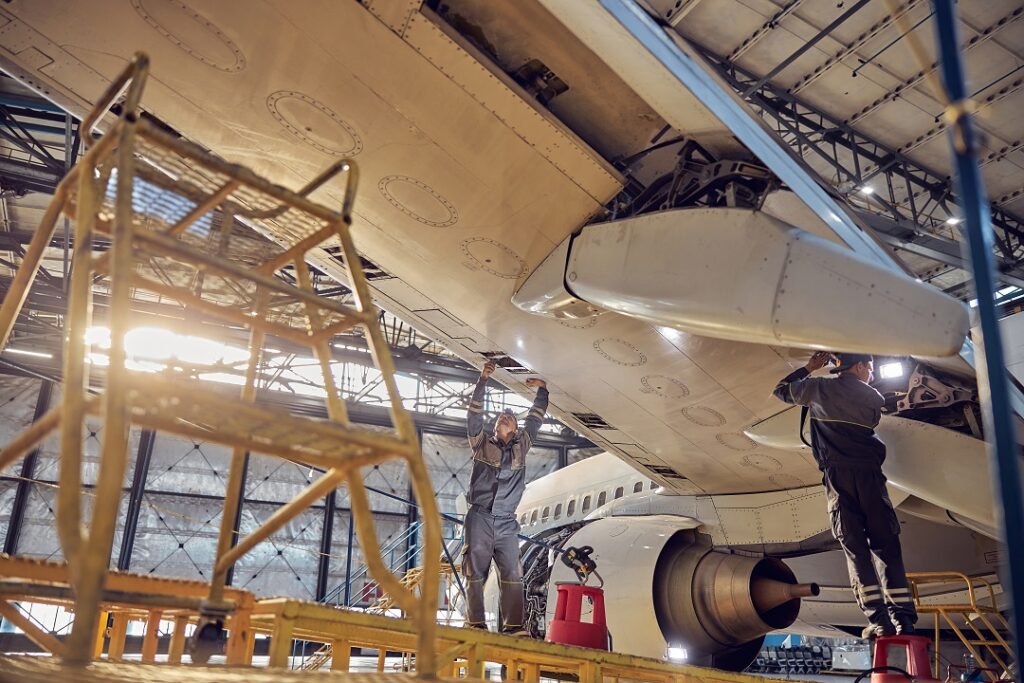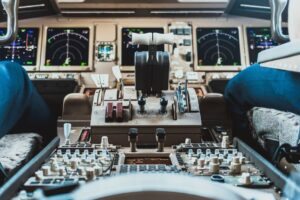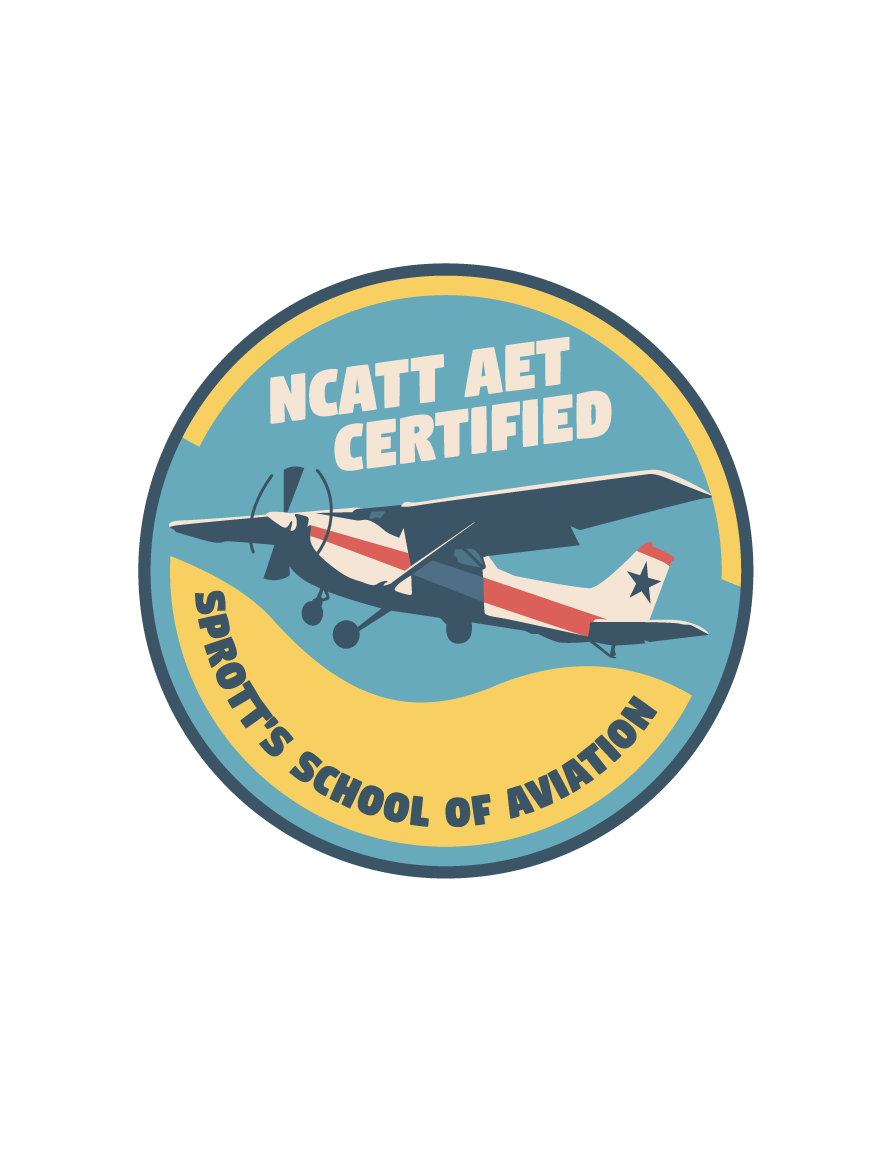NCATT AET Course Certification
NCATT and industry partners established the Aircraft Electronics Technician (AET) Standard and Certification, as well as its related endorsements, to meet the Aircraft Electronics/Avionics job field.
With that, here is everything you need to know about NCATT AET Course Certification.

What is NCATT AET?
The Aircraft Electronics Technician (AET) certification from NCATT verifies the advanced aircraft technician’s knowledge base and encourages honesty, safety, and professionalism in the industry. AETs need to grasp basic electronics facts and terminology as well as the fundamentals of both equipment and aircraft maintenance.
The basic knowledge that any avionics technician should have gotten outlined in this standard. They include fundamentals such as the theory of operation of circuits and the troubleshooting of circuits, calculations, and measurements, as well as resistors, inductors, capacitors, and transducers in analog and power supply circuits.
Additional qualifications (also known as “endorsements”) have been added to the Aircraft Electronics Technician standard over time since it describes a level of core knowledge that hasn’t changed greatly.
Who Needs the NCATT AET?
The NCATT AET is the most relevant credential in the profession, and it is a prerequisite for all other endorsements. As an Aircraft Electronics/Avionics technician, the AET certification is a good starting point for a career in the field. The military, air cargo, repair stations, fixed-base operators, corporate flying departments, and manufacturers are all included in this class.
Obtaining as many qualifications as possible while still on active duty is a top priority for those in the military. NCATT’s AET certificate, the foundation for many modern aviation technology licenses and qualifications, is likely on your list.
The Importance of Having NCATT AET
Aviation Electronics Technicians examine electrical systems aboard aircraft. Working with military sensors, flight controls, jamming, and other aircraft technologies requires knowledge and training. This position is unpredictable because of the wide range of project types and their varying difficulty levels. Aviation electronics technicians can work in the military, which takes a lot of travel and training, or they can work for airlines, service stations, or equipment makers.
The AET certificate enables Aircraft Technicians to demonstrate their avionics expertise to current and future employers. EPR bullets can be tough to correctly put onto a CV because civilian employers may not be able to grasp them. With the help of Federal Aviation Administration (FAA) recognized licenses and certificates, producing a competitive resume becomes easier.
Conclusion
Modern airplanes feature many mechanical and electronic components, resulting in unprecedented technological sophistication.
Aircraft maintenance specialists play a critical role in ensuring the safety of all flights. You can play a role in keeping the aircraft industry safe with the NCATT AET license.


